Richard S. Bogartz: What the ghosts of Warsaw Ghetto know
| Published: 04-11-2024 6:25 PM |
By RICHARD S. BOGARTZ
I had intended to continue my four-part series on President Joe Biden, but I must interrupt that project even though Part 2 is almost complete because, even though I don’t believe in ghosts, I keep encountering ghosts who insist I must address Gaza now.
German occupation authorities created more than 1,000 Jewish ghettos, primarily in Eastern Europe. The ghettos segregated Jews from others, facilitated perpetration of Nazi horrors, among which were starvation and disease killing hundreds of thousands, with the survivors eventually winding up in extermination centers.
The largest of these, the Warsaw Ghetto in Poland holding over 400,000 Jews, squeezing 30% of Warsaw’s population into 2.4% of the city, was created in October 1940.
People sickened and starved. In 1943, with the deportation of Jews to extermination centers starting, a courageous, determined group of outgunned and outnumbered resistance fighters fought the Germans in what history calls the Warsaw Ghetto Uprising.
The Uprising, coming from a people that had so far suffered without response, was inspiring, but was crushed and the Nazis burned down the ghetto, one building after another, and then deported survivors to concentration camps and extermination centers.
One of the earliest uses of the phrase “Never again!” expressing commitment to oppose genocide and oppression is attributed to the Warsaw Ghetto.
Article continues after...
Yesterday's Most Read Articles
From what I can tell, the actions of the Israelis toward the Palestinians living in Gaza, as horrible as they obviously are, are not comparable to the actions of the Nazis toward the Jews in Warsaw. There are just too many important, striking differences.
The word genocide is bandied about in describing Israeli actions, but it still seems questionable that extermination of all Palestinians — that is what genocide means in this context — is the goal and until recently the means being employed would not yield that horror.
Still, Palestinians are starving. Palestinians are going without lifesaving medical supplies. The Israeli leadership is opposing two states, the only realistic solution to the situation.
Until the ghosts appeared, my position on the conflict was that yes, what the Israelis are doing is terrible, but what are they to do? Hamas has declared that genocide is their goal with respect to Jews. They want to wipe them all out, not only from the river to the sea, but everywhere in the world.
If Israel does nothing, Hamas will take that as an invitation to invade and snatch again. So yes, killing noncombatants is terrible, but what is the alternative? But now, with so many Palestinian deaths, and so many Ghetto ghosts haunting my dreams, I no longer accept my former position.
The ghosts look me in the eyes from behind their white shrouds where eyes would be and shout at me, “What the [expletive deleted]? For anyone to be doing what the Israelis are doing would be too horrible for words. But for Jews?! We were there in Warsaw. We were there in Auschwitz, we were there in Treblinka, we were in the camps. In the gas ovens! How is it possible for us to be participating in this rounding up and isolating, this starvation, this oppression. Of all the people on earth, we should know better. How, we ask you!
“You, Bogartz. We ask you! You think you’re such a smarty-pants. You write monthly newspaper columns as if you are qualified to tell people what you think. Well, tell them what you think about this. Or if not what you think, then tell them what we, the Ghetto Ghosts think. We think it is outrageous for Jews to say, ‘never again’ and then do what Jews in Israel are doing. To starve children. To kill their parents! To bomb hospitals! To kill aid workers.
“Bogartz, you are Jewish and your claim to be Jewish by birth but mystic by conviction does not get you off the hook. Where do you stand?”
So where do I stand? I stand with those Israelis who want an election now to throw Netanyahu out on his ear. I stand with Israelis who oppose their military actions and choose jail rather than conscription into this horror the military is perpetrating. I stand with Americans demanding the U.S. do more to make Israelis do less.
I stand with the Warsaw Ghetto ghosts who remember so clearly what all Jews should know, and some seem to have forgotten. I stand with the Israelis, and I stand with the Palestinian people because they are people and deserve to be, but are not, treated as such.
Richard S. Bogartz is professor emeritus of psychology at the University of Massachusetts Amherst.

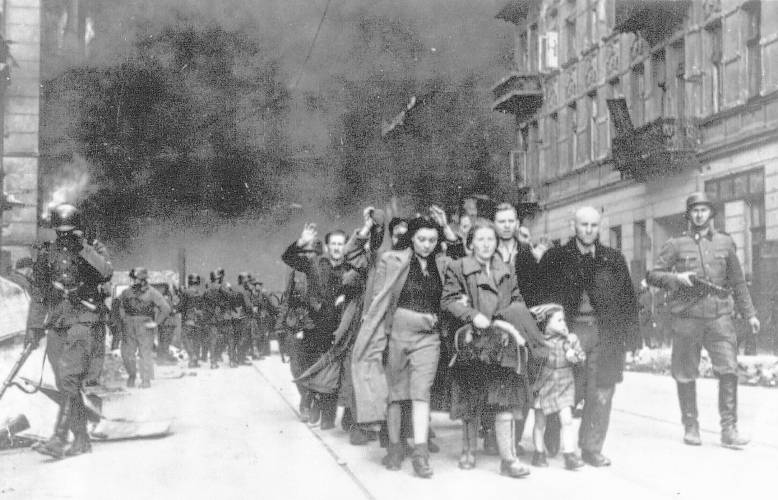
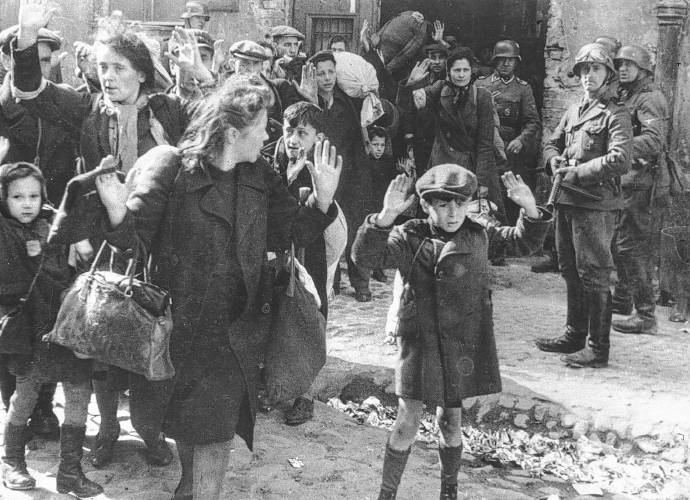

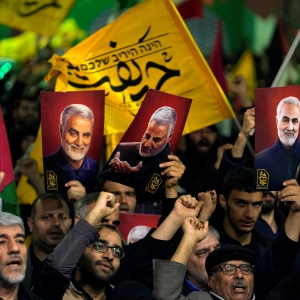 Guest columnist Rudy Perkins: Dangerous resolution pins ‘aggression’ on Iran
Guest columnist Rudy Perkins: Dangerous resolution pins ‘aggression’ on Iran Guest columnist Dr. David Gottsegen: Age issue not so key as question of marbles
Guest columnist Dr. David Gottsegen: Age issue not so key as question of marbles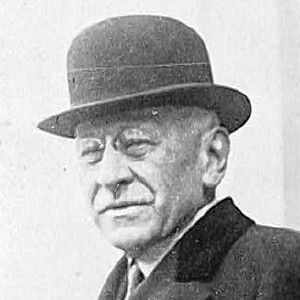 Guest columnist Martha Hanner: Spirit of philanthropy can uplift so many others
Guest columnist Martha Hanner: Spirit of philanthropy can uplift so many others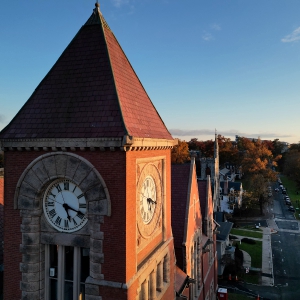 Guest columnist Ali Wicks-Lim: Racism is in our way
Guest columnist Ali Wicks-Lim: Racism is in our way